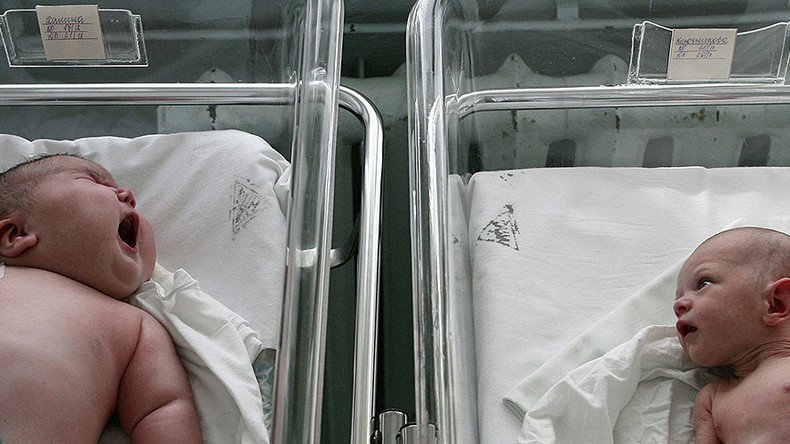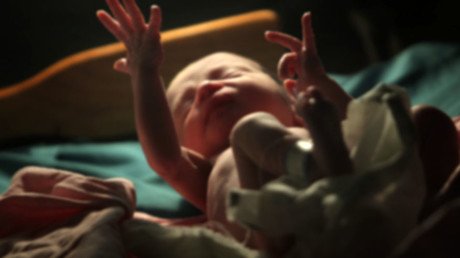Hospital where ‘mothers could leave with wrong baby’ is ordered to improve security

A London Hospital has been ordered to improve the “lax” security on its maternity ward over concerns that mothers “might leave with the wrong baby” after giving birth.
Some babies born at the Royal London Hospital in Whitechapel weren’t being given name tags, which could lead them going home with the wrong families or being given medication meant for another baby, according to the Care Quality Commission (CQC).
Inspectors who visited the hospital in July said the “lax” practice of checking babies’ name bands could create a “risk that a baby might receive medication intended for another baby, and mother might leave the unit with the wrong baby.”
Last year, there were 4,645 babies born at the hospital, the largest in Europe.
There were also not enough midwives on the delivery suite to provide safe cover for all women, and midwives had been ordered by managers not to raise concerns about low staff numbers, CQC said.
Inspectors also said they observed some “intra-cultural issues and some bullying behavior,” both among groups of midwives and between midwives and patients.
There was a “mixed” view about how caring staff were at the hospital. One mother told inspectors she was treated as “childish” because she was upset her baby had been taken into special care.
The CQC has ordered that the Barts Health NHS Trust, which runs the hospital, must “urgently” improve security in maternity after the service was found to be “inadequate.”
Issues with another hospital run by the same organization, Whipps Cross University Hospital, was also condemned by inspectors who said they did not find a single element of “outstanding care” across the whole hospital.
The CQC said there were “many examples of a lack of compassion towards patients nearing the end of their lives.”
Inspectors said one dying patient in an East London hospital asked for vegetarian food, only to be told by a nurse, “You will not get a vegetarian diet in here. Who do you think you are, in a hotel?”
The CQC said “One patient looked dirty with stains all down the front of their nightwear and staff had neither noticed it nor took any actions to wash and care for the patient.
“On a few instances, during our unannounced visit, we observed patients were visibly in pain, but staff did not respond to this by providing them with analgesia.”
The regulator also raised concerns about infection control practice in the surgery service. It said it had observed some staff wearing their surgical scrubs in other parts of the hospital, including the canteen.
“We acted immediately to improve the security of babies at the Royal London Hospital,” a spokeswoman for the Trust told the Independent.
“It's important to stress that these reports are based on observations from five months ago. Since then we have subjected our processes and procedures to forensic scrutiny.
“As a result we've introduced new baby ID tags, we've reviewed our procedure for locking down the hospital and refreshed our policy.
“We have recirculated our policy to all staff and now test it every single month.
“Women should be assured our services are safe and we will review our processes regularly to ensure they remain safe,” the spokesperson said.
“The CQC found that since its last inspection end of life care at Whipps Cross is now safer, more effective and better led. At daily safety huddles team will discuss patients who are at the end of their life to ensure we appropriately identify and provide them with safe and compassionate care.”














